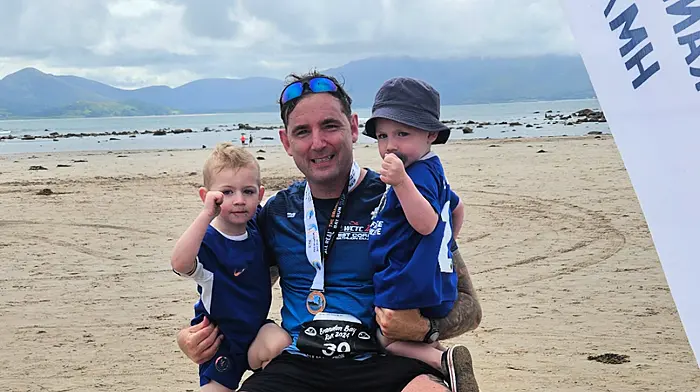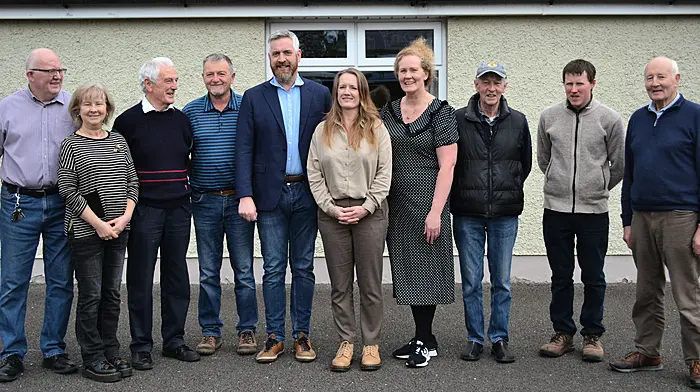
THERE are two very broad reasons we eat: for nutrition and because of taste. When we evolved from a common primate-like ancestor, we inherited some of their old habits.
Like modern apes, our ancestors needed to hoover up things like sugar and salt – essential elements for survival that were sometimes hard to find.
The main fuel for our brain is sugar (glucose), and our brain, being fairly large, needs a lot of fuel.
We didn’t become masters of our universe because we were stronger, faster, or tougher than the bears, lions, and oak trees that populate our planet.
We were smarter. Equally, our bodies need a little bit of salt to keep us going. Without it, we couldn’t balance our fluids, make our nerves work, or even keep our heart beating.
Not trusting us to know this, nature had to figure out a way to make sure that when our primitive ancestors encountered either, they consumed them straight away.
So, the minute that piece of chocolate or salty chip hits our tongues, our brain gets an immediate signal to release the happy chemical called dopamine.
Dopamine washes over our brains and makes us feel really good.
Obviously, we want that feeling again, so we look for more sweet or salty stuff. Zoom forward seven million years or so, and now we are surrounded by fabulous, tasty food – the kind that we’d never find in the average jungle or savanna. Pay for petrol, and what is in front of you?
Queue for the cinema, and what do you see? Pick up milk and go to the cash register, and what is waiting for you?
As the author Desmond Morris once asked, how many ‘sour shops’ do we see on our main streets?
The modern world has made it so that you would need the willpower of a Tibetan monk to resist these temptations. However, giving into them has its consequences…
Being overweight is linked to causing 20-40% of all cancers. Eating 200g of fruit a day reduces your risk of cancer by 3%.
Not bad for an apple or a few grapes. Getting your five a day portion of fruit or vegetables drops your risk by 9%.
Have you ever wondered why we all like white bread? The makers often add extra sugar and salt.
Coupled with the fact that it is usually cheaper, it means that it remains a starring role in most people’s diets.
It is estimated that a portion of brown rice, a cup of oatmeal, or a decent wholegrain sandwich daily could reduce your risk of colon cancer by up to 17%.
Similarly, swapping one of our weekly dinners from red meat to fish could drop our risk of certain cancers by 9%.
Reducing your processed meat or throwing in an avocado during the week with its monounsaturated fats and creamy texture, and this may also drop your risk of cancer further.
This benefit isn’t just linked to preventing cancer. That daily orange or that wholegrain sandwich means that if you do develop cancer, you have a 15% lower chance of dying from it.
I often read about lots of fashionable diets that, in my mind, take things too far.
I usually need to look them up to understand them.
For example, diets where you eat nothing but fruits and maybe nuts (fruitarianism).
It may be surprising, but squirrels, who are committed fruitarians, also get cancer. Extreme diets can lead to a lack of important nutritional elements. It’s really all about balance and a bit of variety.
There is a lot of pressure on people, especially parents, to provide better diets these days, but it can be expensive to eat healthily.
It is significantly cheaper and easier to feed a family of five in a fast-food restaurant than for them to have a healthy meal.
Ireland currently ranks as the second wealthiest country in the world based on its GDP.
This is where our leaders need to step up and help everyone eat that bit better.
Would it take much political imagination to make it cheaper for us to give healthy food to our families?
Whatever little it would cost would be easily made back in a healthier population.
Know the facts - own your risk - decide for yourself









